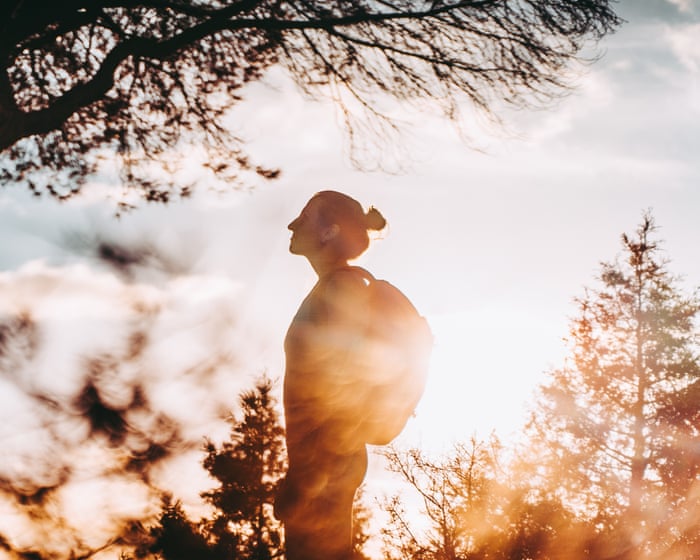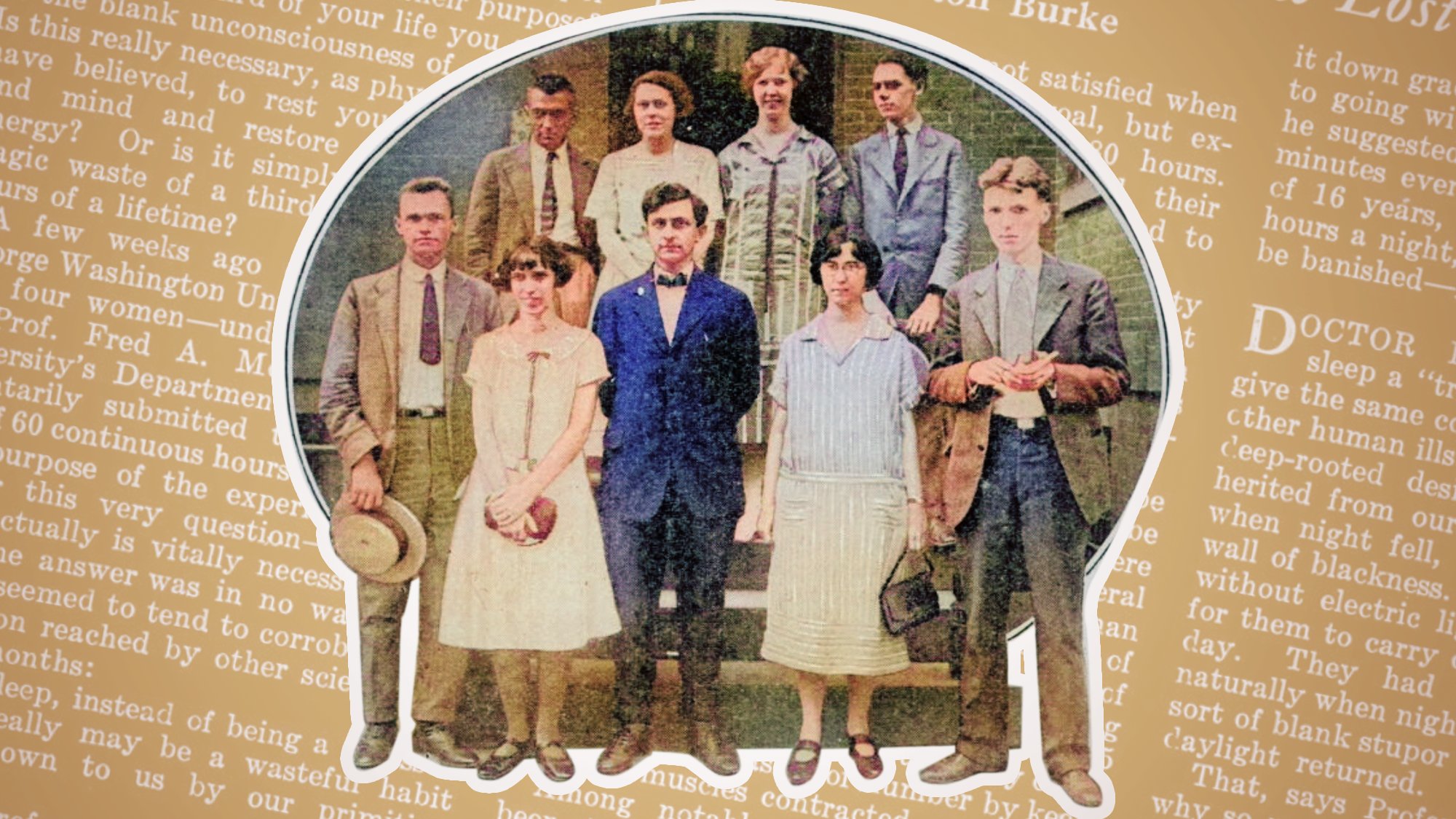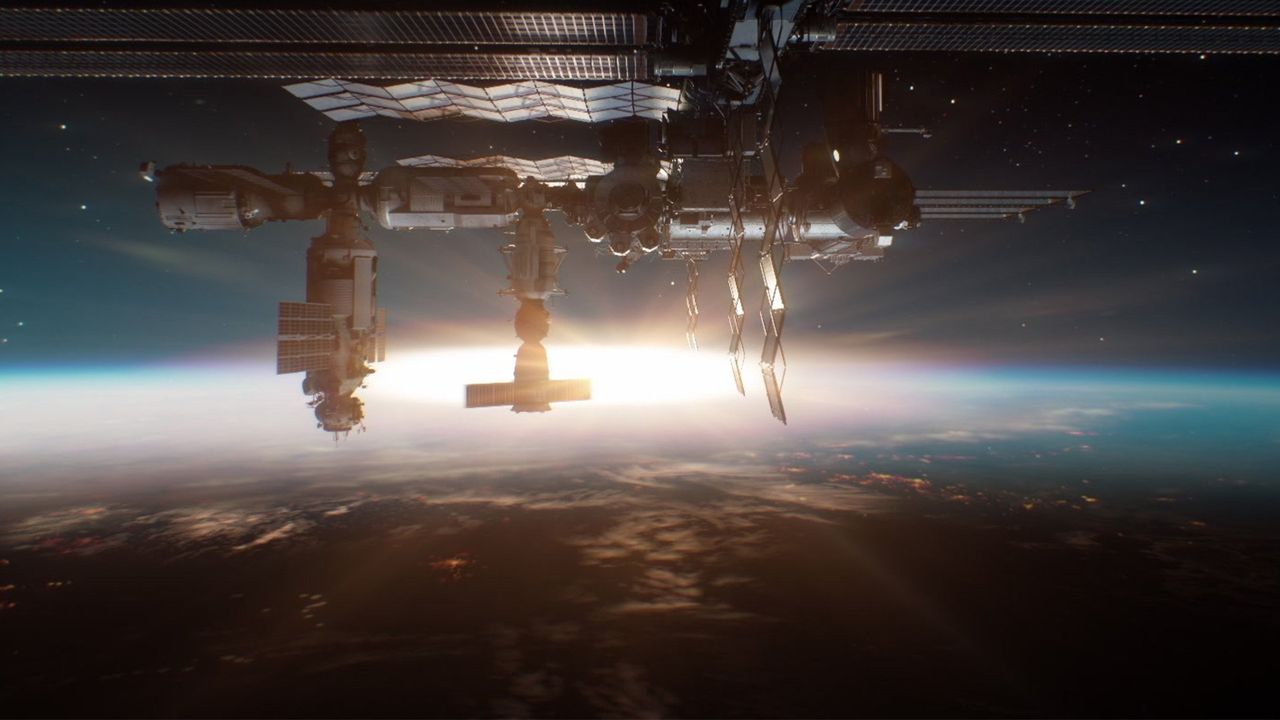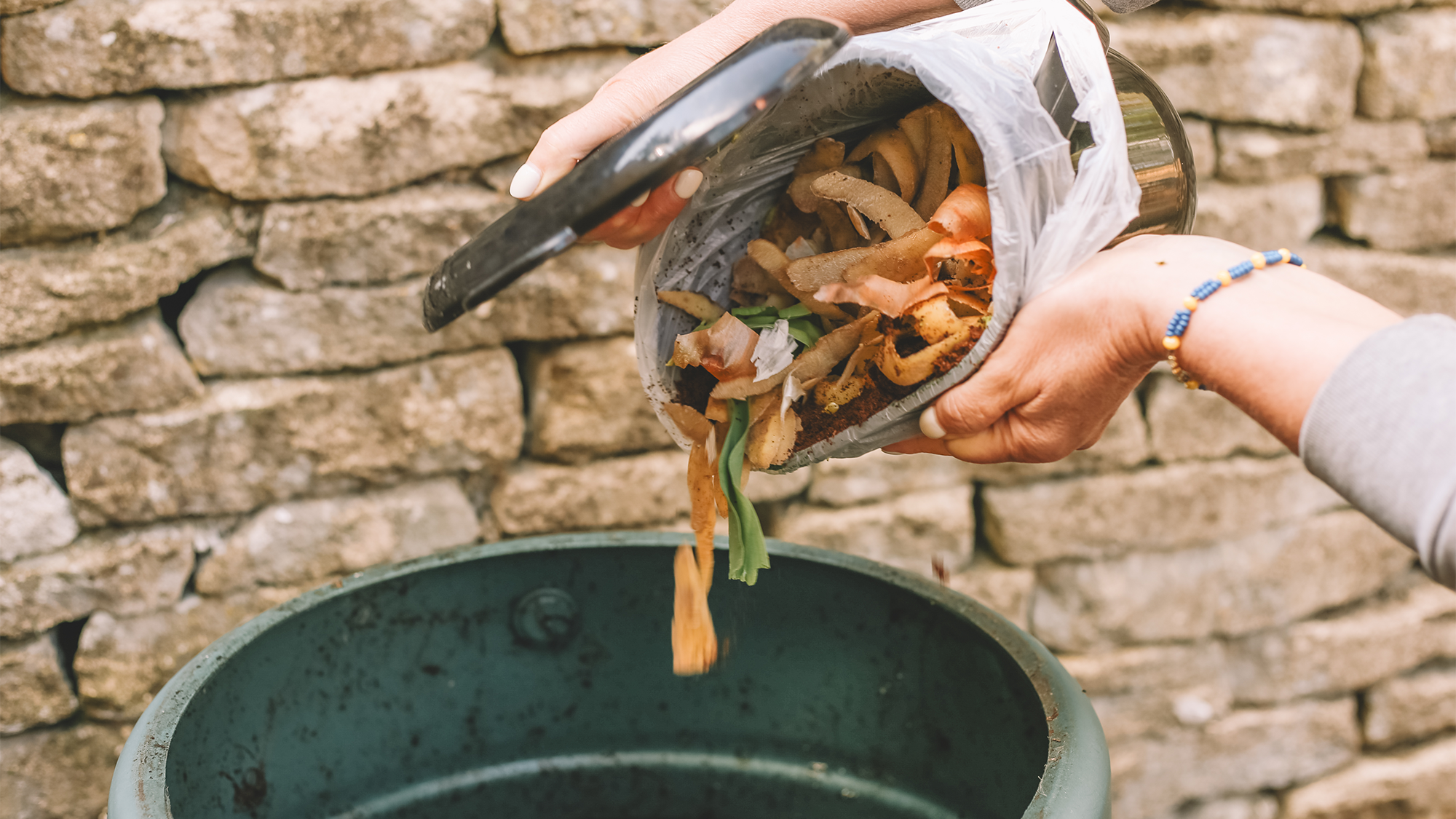'Ghost Gear,' or Abandoned Fishing Equipment, Is Haunting the Oceans. Here's How Conservationists Are Fighting Back
PositiveScience

Abandoned fishing equipment, known as 'ghost gear,' poses a significant threat to marine life and ecosystems globally. However, innovative conservation programs are stepping up to address this issue through education, prevention strategies, ocean cleanups, and recycling initiatives. These efforts not only aim to protect marine wildlife but also promote sustainable practices that can lead to healthier oceans for future generations.
— Curated by the World Pulse Now AI Editorial System







